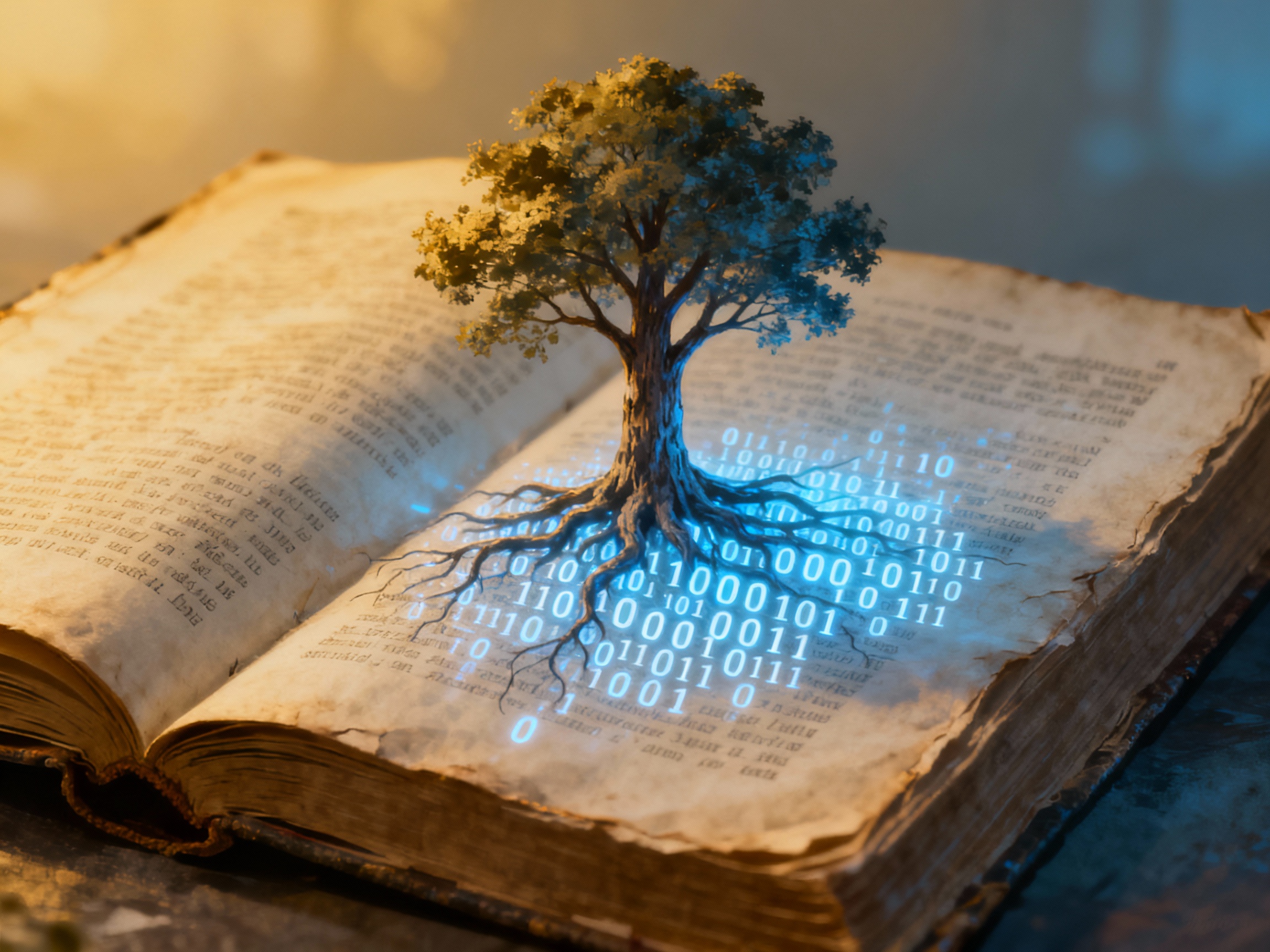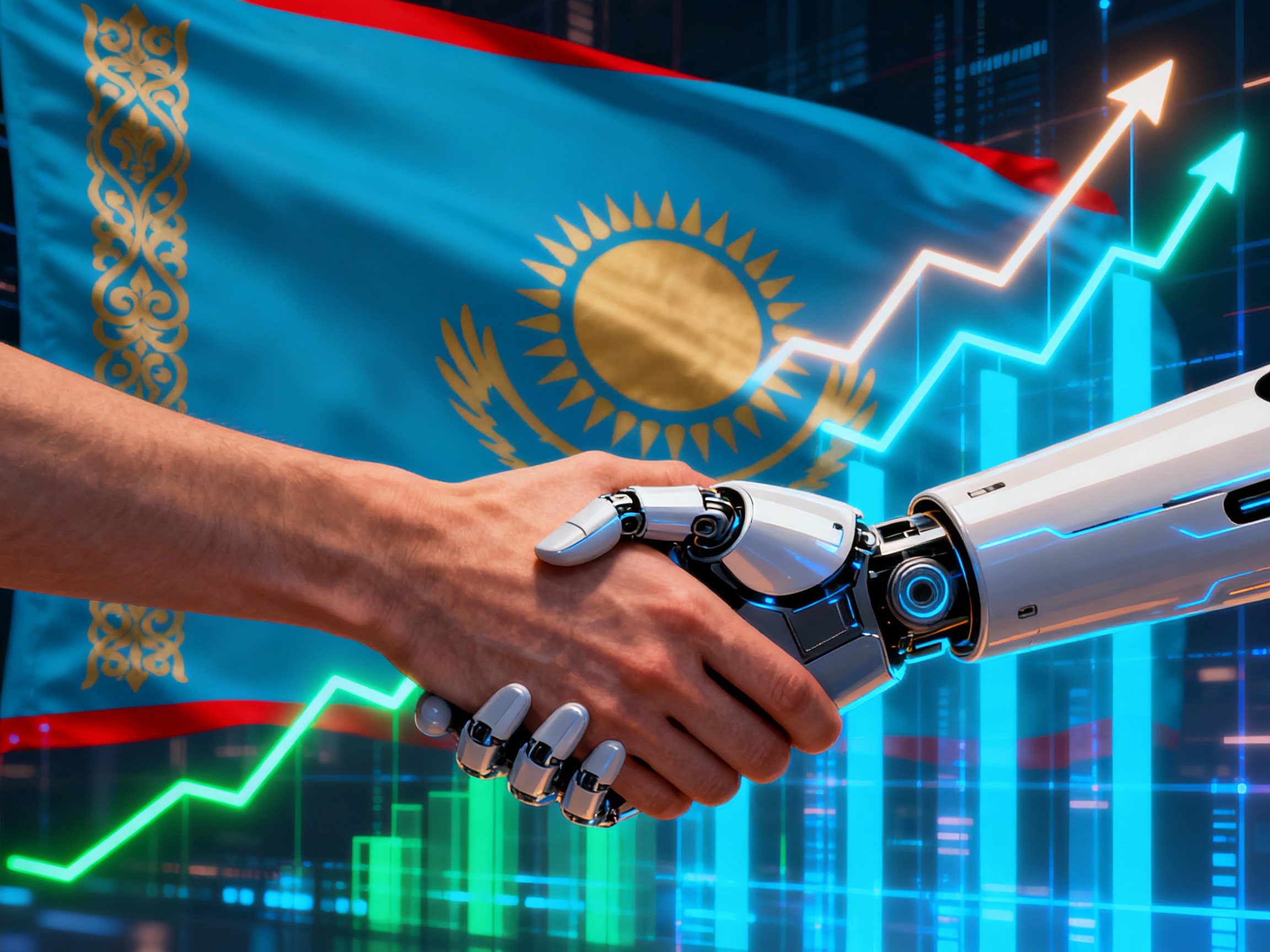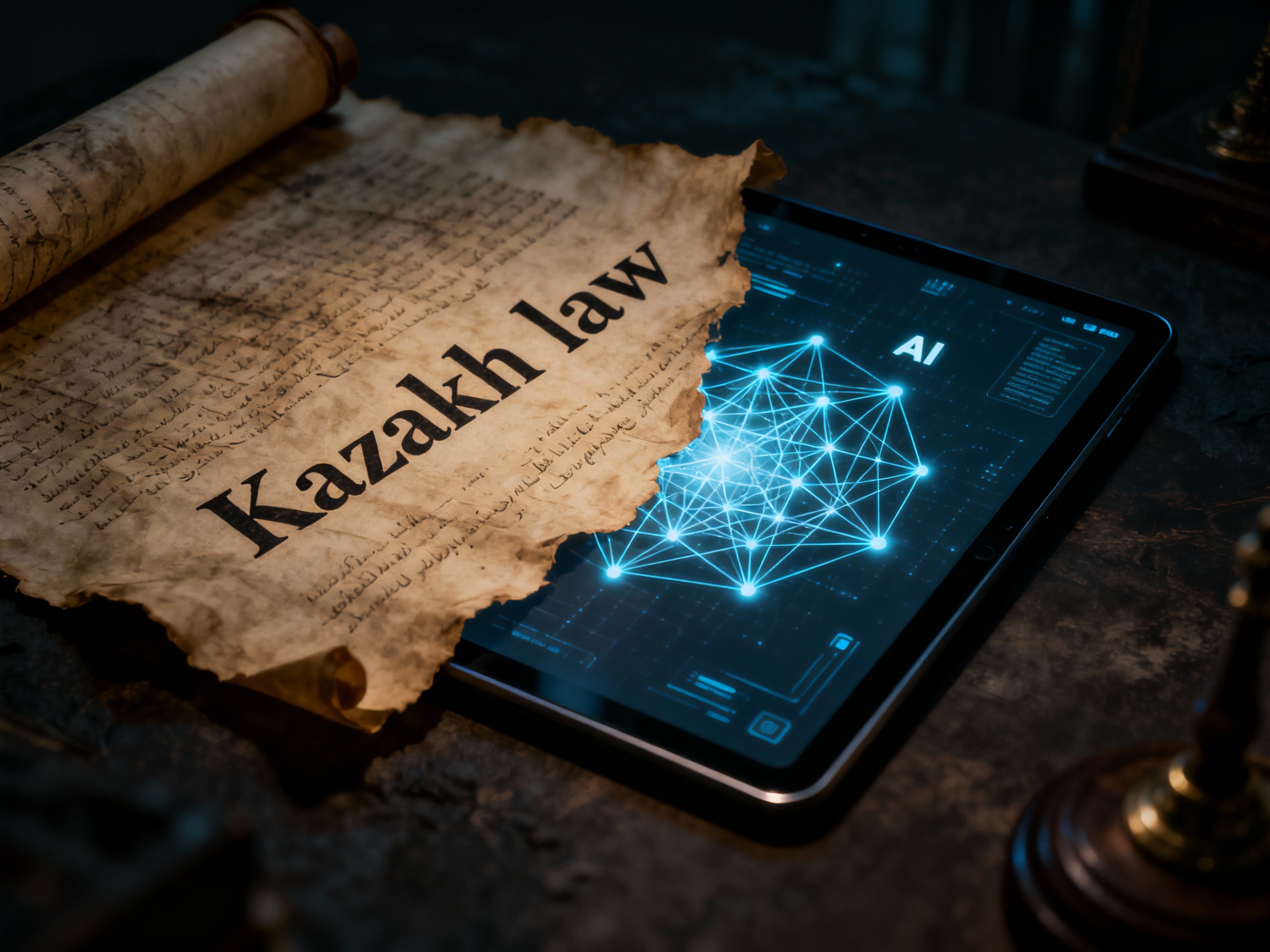
AI chose our president. What happened next surprised even me
Hello everyone. Recently, I was inspired by the idea of the Nepalese (who chose their prime minister after consulting ChatGPT) and decided to conduct an experiment: to ask ChatGPT to choose the ideal president for Kazakhstan, who would lead the country to prosperity. AI, after analyzing tons of data about well-known personalities, delivered its verdict: Mikhail Lomtadze, CEO of Kaspi Bank.
I posted this result on my account. Honestly, I didn't expect a flame war. But I did expect a discussion of qualities: effective manager vs. politician, technocrat vs. ideologist, experience in building a fintech empire vs. experience in public administration.
The reality turned out to be much more interesting and revealing. My small thought experiment turned into a large sociological lecture about ourselves. Thanks to everyone who responded - you helped me see a much deeper picture.
Reaction #1: Strong rejection based on legitimacy. This was the most frequent and undeniable argument. I was instantly (and politely) pointed out that according to the Constitution of the Republic of Kazakhstan, a presidential candidate must be a citizen of Kazakhstan by birth and also fluent in the state language. This is a legal fact, and it rules out any real candidate who does not meet these criteria. You can't argue with that.
Reaction #2: Deep historical pain. This was the most emotional response. Dozens of comments boiled down to one: "Only a Kazakh can be the president of Kazakhstan." Behind this are not just prejudices, but a living historical memory, particularly the trauma of December 1986, when the leadership of the republic was entrusted to an outsider. For many, this is a matter of national dignity and sovereignty, hard-won over decades. This is stronger than any rational arguments.
I saw that we still live in a paradigm where the question "WHO?" (and primarily, of what origin this "who" is) inevitably outweighs the question "WHAT KIND?"
But there was also a third type of reaction. It was this that gave me hope.

So who are we really looking for?
So, my experiment revealed two most important filters: constitutional and historical-cultural. But if we imagine that these conditions are met, what should the leader of the future be like? Here the discussion became truly interesting.
Because in addition to comments about nationality, there were other, much more important thoughts for me:
Demand for strong institutions, not a strong leader. Many wrote that the problem is not in the personality of the president, but in the system. That we need not one savior, but a strong parliament and real local self-government. That the power of the president should be reduced, and collective decision-making strengthened. This is a mature, progressive position.
Demand for competence and modernity. Someone suggested technocrats for the prime minister, and for the president - the role of a strategist and representative of the country on the world stage. That is, people are already thinking in terms of separation of powers and competencies.
Demand for new faces and values. Names of other public figures (Mukhtar Dzhakishev, Bakytzhan Bazarbek) were mentioned, who are associated with expertise and patriotism of a new kind. Someone spoke in favor of a woman leader.

So why did AI choose Lomtadze?
I realized that ChatGPT, devoid of our cultural and historical filters, looked at pure data. It was looking for not the "right" by origin, but the archetype of the "Creator".
Creator of the ecosystem: It saw a person who not only manages a company but created from scratch and brought to a global level an entire digital ecosystem that changed the habits of millions of people.
Creator of results: It appreciated efficiency, the ability to achieve specific measurable goals, create and implement.
Creator of the future: It highlighted someone who thinks in digital categories of tomorrow.
This is the main conclusion of my experiment. Although the candidacy itself is legally and historically impossible, the demand for competence, creation, and efficiency is absolutely real and very strong.
As a society, we are torn between the past and the future. Between the trauma that dictates us to seek protection in identity and the dream of prosperity, which requires competence, innovation, and openness.
My experiment is over. But the big conversation about what kind of leader we deserve and what kind of country we want to build - it is just beginning. And I am glad that I was able to start it.
And what do you think, what qualities should the ideal leader of a country in the 21st century have?

Leave a comment
Comment